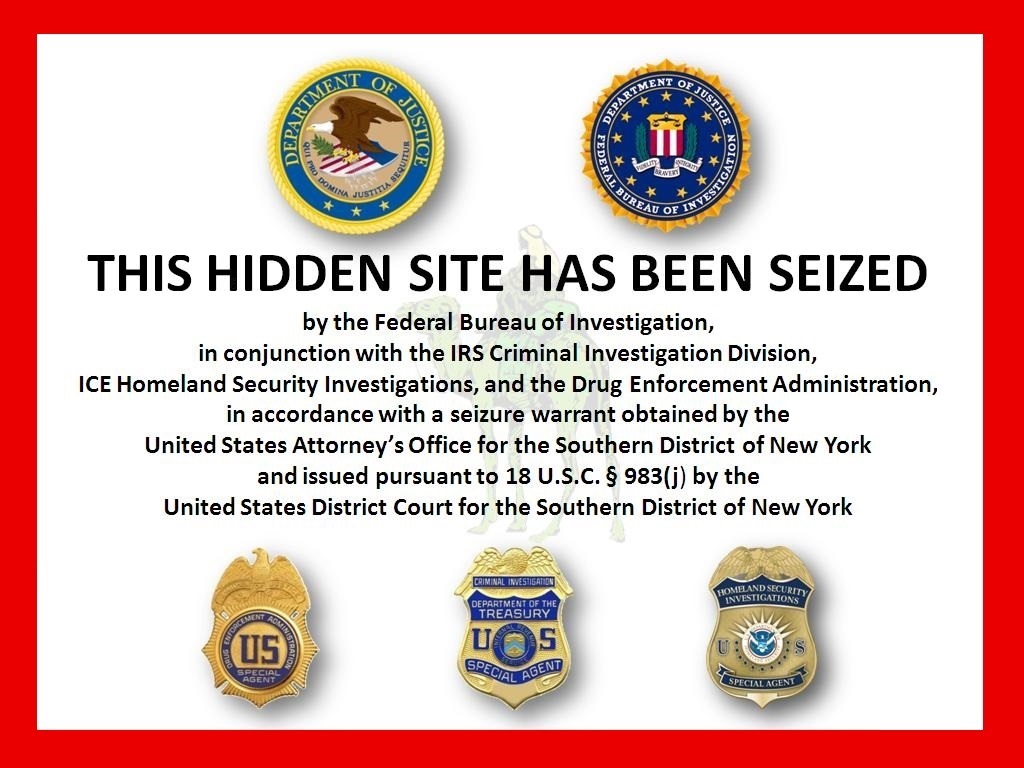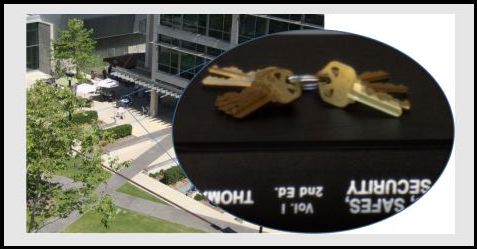
As soon as Ulbricht was distracted, another agent grabbed the open computer and gave it to Kiernan, who is an FBI computer specialist. Kiernan spent the next three hours doing “triage” on the machine. Without allowing it to go idle, and thus become encrypted, he took photographs, went through the browser history, and ultimately handed it off to another agent who imaged the hard drive.
So the FBI grabbed the laptop, shoved a mouse jiggler into the USB port and began to photograph the screens while simultaneously arresting Ulbricht. Good. Clever. Maybe b cause I was a a wannabe script kiddie (I never did anything) reading alt.2600 and alt.cypherpunks back in the day, but I read this and immediately thought about ways to make a deadman switch to foil the snatch attack.




